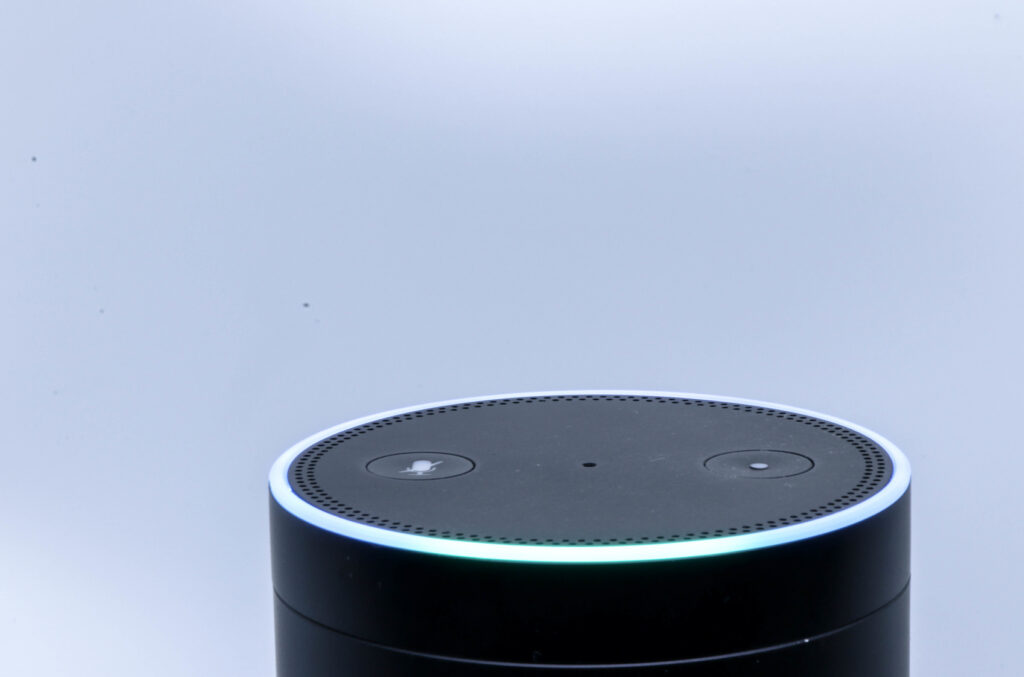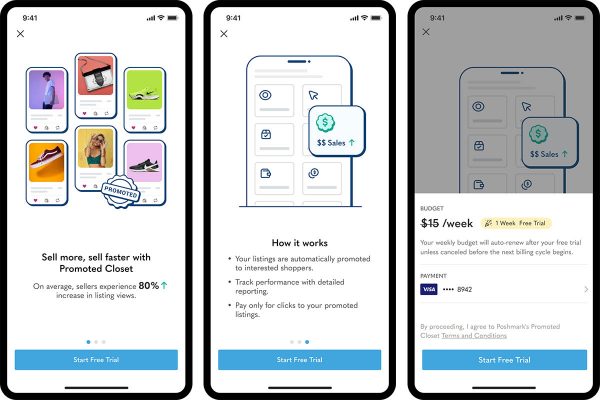Shopping through voice-activated devices such as Amazon Echo and Google Home is set to become the next disruptive force in retail – just as m- and e-commerce did before it – and is already proving to be a boon to Amazon.
One tenth of UK households already own a smart speaker. By 2022, this is projected to increase to 48% – delivering £3.5bn worth of spend – according to new data from OC&C Strategy Consultants.
Amazon’s Echo technology is currently the dominant player in voice commerce, with a clear lead over Google’s Home device. Currently, 8% of UK households own an Amazon Echo device. On the other hand, just 2% of households own a Google Home.
Groceries and other low-value FMCG items form the bulk of purchases made through voice as browsing opportunities remain limited, and consumers are making purchases with speed in mind. Around 70% of voice purchases are made on a specific ‘known’ product, typically as a repeat order.
For brands to cement their position in the voice commerce sector, achieving Amazon’s ‘choice’ status is key.
With limited browsing available to consumers, Amazon offers ‘recommendations’, prioritising ‘Amazon choice’. This is often a previously purchased product, or one which is popular and well-priced, with excellent customer experience metrics and a solid supply chain performance, enabling rapid delivery. Crucially, customers are very likely (85%) to accept Amazon’s recommended product, which can typically boost pre-choice status sales by around 3X.
In the grocery category, 45% of all orders replace existing store or online purchases, the clear majority of which are served through Amazon Fresh. As such, voice commerce represents another major asset in Amazon’s expansion into UK grocery.
How FMCG businesses can get ahead
To ensure voice is a useful channel for consumer goods businesses, maintaining Amazon’s ‘choice’ status and implementing an effective marketing strategy is essential, but difficult. Around 4-5% of Amazon’s ‘choice’ products change daily due to stock or delivery speed issues, which will have a negative impact on a business’ bottom line.
Consumer goods businesses should focus their voice commerce offering on products that are most likely to be shopped through this channel: typically repeat, low price point items. Ensuring products are easily found can also be critical, as 70% of customers know the exact product they are seeking to buy.
The chances of products being ‘found’ can be increased by tailoring search terms to ensure distinctiveness against competitors, such as ‘sensitive toothpaste’.
Implications of voice commerce for retailers
To get ahead, retailers can develop ‘skills’ – akin to mobile apps – that are accessed through smart speakers. Currently, the channel has had limited investment by retailers – just 39 ‘skills’ exist within the shopping category. This has allowed Amazon to capture consumer spend as the Alexa ‘default’.
To drive incremental spend, retailers can capitalise on consumers’ spontaneous or ‘distressed’ purchases. Providing inspiration for a new recipe, for example, could encourage additional and higher price point purchases.
Building trust is also essential for retailers to succeed in the voice category. So far, only 39% of consumers trust in the ‘personalised’ product selection of smart speakers and less than half (44%) believe that they offer the best value section of products. Clearly, trust is a critical issue to bridge, especially among consumers who don’t currently own a smart speaker.
“It’s clear that shopping with voice is going to account for a substantial and growing share of the retail market, presenting both a challenge and an opportunity for businesses that can get ahead of the curve.There are different paths to success in the voice category. A key consideration for retailers is understanding what business objectives they want to serve, then tailoring their voice proposition accordingly. For consumer goods companies, the focus should be on prioritising the products most likely to be shopped through this channel. For both retailers and consumer goods businesses, assessing how their brand plays to the strengths of different ‘skills’, is also crucial to maximise their success.”
Will Hayllar, Partner and Global Head of Consumer Goods at OC&C








One Response
The battle for the intelligent speakers is between Amazon Alexa and Google home, though Amazon has the lead. With voice shopping Amazon should win that battle against Google as Amazon voice shopping is all On Amazon s website as Google voice shopping will be fragmented. Though Google should be able to further monetize its voice shopping as retailers will be fighting to get listed with Google voice shopping. Google can create a bidding war between retailers to get on the voice shopping. Amazon can do something similar with regard to advertising.